Where does bailout money come from and who will pay for it?
Government’s multi-billion pound stimulus package could usher in another decade of austerity
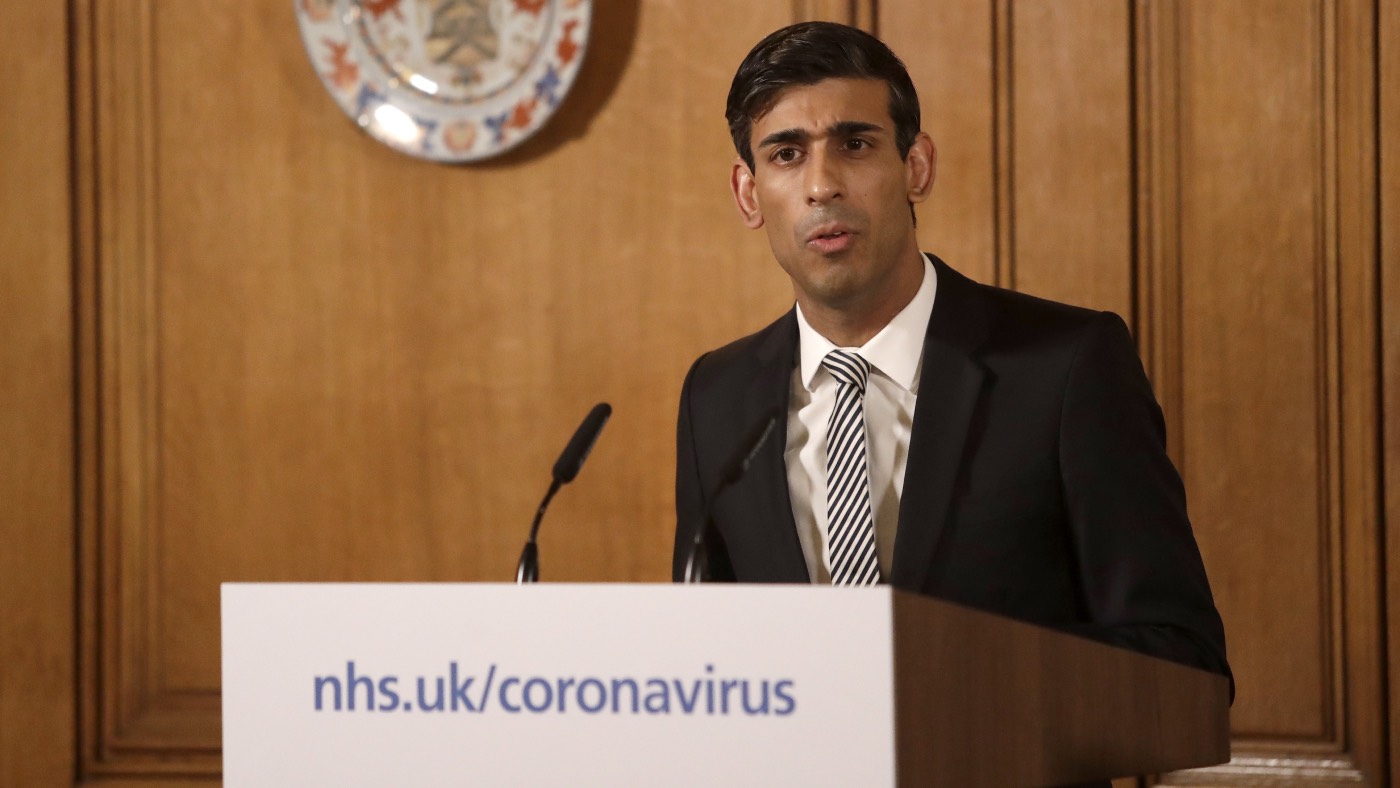
A free daily email with the biggest news stories of the day – and the best features from TheWeek.com
You are now subscribed
Your newsletter sign-up was successful
The British government has announced a financial stimulus package unprecedented in peace time as it bids to offset the economic impact of the coronavirus.
On top of its £350 billion bailout package, equating to roughly 15% of GDP, the Treasury has also promised grants to cover 80% of the salary of retained workers up to a total of £2,500 a month, a freeze on business VAT, cash handouts for small businesses, extra welfare payments and yesterday support for five million self-employed workers.
But while “almost everybody agrees that the government can't afford not to make huge interventions to keep businesses, households, workers and the economy afloat” writes BBC economic editor Faisal Ahmed, “the costs are now racking up”.
The Week
Escape your echo chamber. Get the facts behind the news, plus analysis from multiple perspectives.

Sign up for The Week's Free Newsletters
From our morning news briefing to a weekly Good News Newsletter, get the best of The Week delivered directly to your inbox.
From our morning news briefing to a weekly Good News Newsletter, get the best of The Week delivered directly to your inbox.
So where does this money come from?
–––––––––––––––––––––––––––––––For a round-up of the most important business stories and tips for the week’s best shares - try The Week magazine. Start your trial subscription today –––––––––––––––––––––––––––––––
“It’s important to distinguish between government spending and state loan guarantees” says The Independent’s economics editor, Ben Chu.
The Chancellor’s £330bn of loan guarantees are a contingent liability for the UK state, meaning that “if the loans made by banks to suffering private companies are not repaid the state will have to compensate the commercial lenders”.
A free daily email with the biggest news stories of the day – and the best features from TheWeek.com
“In ordinary times, a recession means less tax and more spending, sending deficits higher as a result of the so-called ‘fiscal stabilisers’”, says Ahmed. “But this is no ordinary downturn” and so “massive borrowing is needed to spend tens - and perhaps hundreds - of billions more at a time when the tax base is eroding”.
Last week, the Bank of England cut its target rate to a record low 0.1% and boosted its bond-buying program by $230 billion, “having previously rolled out a cheap credit program, and gave banks more scope to lend”, reports Quartz.
Chancellor Rishi Sunak said the figures are “on a scale unimaginable only a few weeks ago”, but the impact of not propping up the economy would be far more costly to the UK in the long term.
“Eonomists identify the gravest threat in the current environment not as falling economic activity – that is a necessary by-product of dealing with the health emergency – but as the long-term damage to our productive capacity,” Chu says.
“If the Government undercooks its stimulus or bailout packages today, during the crisis, more businesses than otherwise will go bust and unemployment will rise further and this will scar the economy long into the future”.
The greater questions is not, therefore, whether we can afford the vast sums of money being pumped into the economy, but who will pay for it.
“We may be in the midst of an unprecendented global crisis but the Right have lost no time in trying to capitalise on the crisis to create the low-tax, small state nation they want to see,” reports Left Foot Forward.
The left-wing news site says the Taxpayers’ Alliance group, a right-leaning think tank, has already written to members arguing said that the debts the government is running up in the crisis should be paid off by “spending restraint” rather than taxes.
“Restraint here is a euphemism for cuts” the left-leaning news site says and “when the immediate danger of coronavirus passes, this is likely to be the debate which defines much of the 2020s”.
In a statement, the Taxpayers’ Alliance said: “For once, calls for higher spending, borrowing and debt are justified.” Once the crisis has passed, it added, “debt levels will need to be brought back down rapidly through growth-enhancing measures and spending restraint”.
-
 Quentin Deranque: a student’s death energizes the French far right
Quentin Deranque: a student’s death energizes the French far rightIN THE SPOTLIGHT Reactions to the violent killing of an ultra-conservative activist offer a glimpse at the culture wars roiling France ahead of next year’s elections.
-
 Secured vs. unsecured loans: how do they differ and which is better?
Secured vs. unsecured loans: how do they differ and which is better?the explainer They are distinguished by the level of risk and the inclusion of collateral
-
 ‘States that set ambitious climate targets are already feeling the tension’
‘States that set ambitious climate targets are already feeling the tension’Instant Opinion Opinion, comment and editorials of the day
-
 The end for central bank independence?
The end for central bank independence?The Explainer Trump’s war on the US Federal Reserve comes at a moment of global weakening in central bank authority
-
 US mints final penny after 232-year run
US mints final penny after 232-year runSpeed Read Production of the one-cent coin has ended
-
 Should Labour break manifesto pledge and raise taxes?
Should Labour break manifesto pledge and raise taxes?Today's Big Question There are ‘powerful’ fiscal arguments for an income tax rise but it could mean ‘game over’ for the government
-
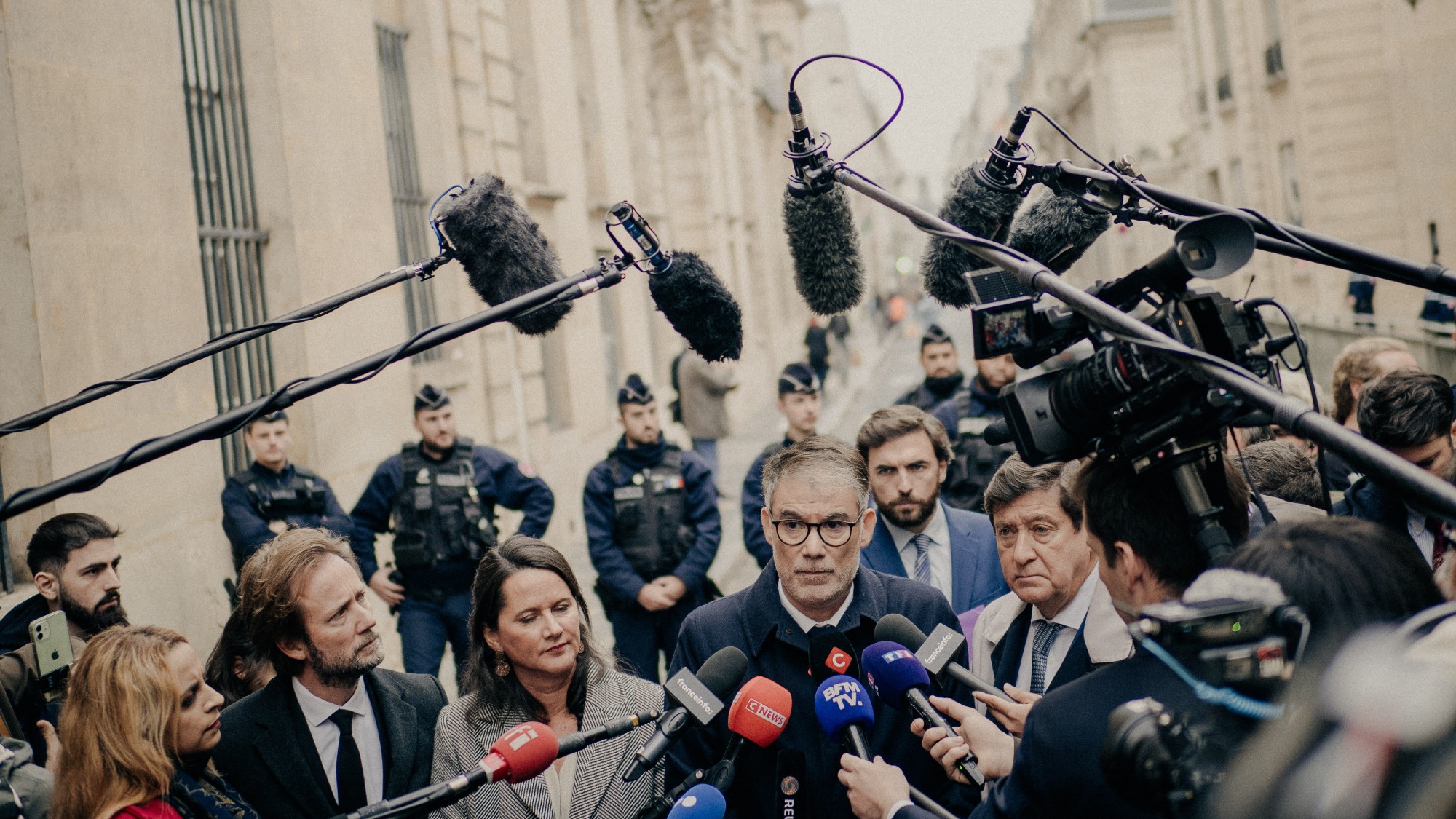 French finances: what’s behind country’s debt problem?
French finances: what’s behind country’s debt problem?The Explainer Political paralysis has led to higher borrowing costs and blocked urgent deficit-reducing reforms to social protection
-
 What are stablecoins, and why is the government so interested in them?
What are stablecoins, and why is the government so interested in them?The Explainer With the government backing calls for the regulation of certain cryptocurrencies, are stablecoins the future?
-
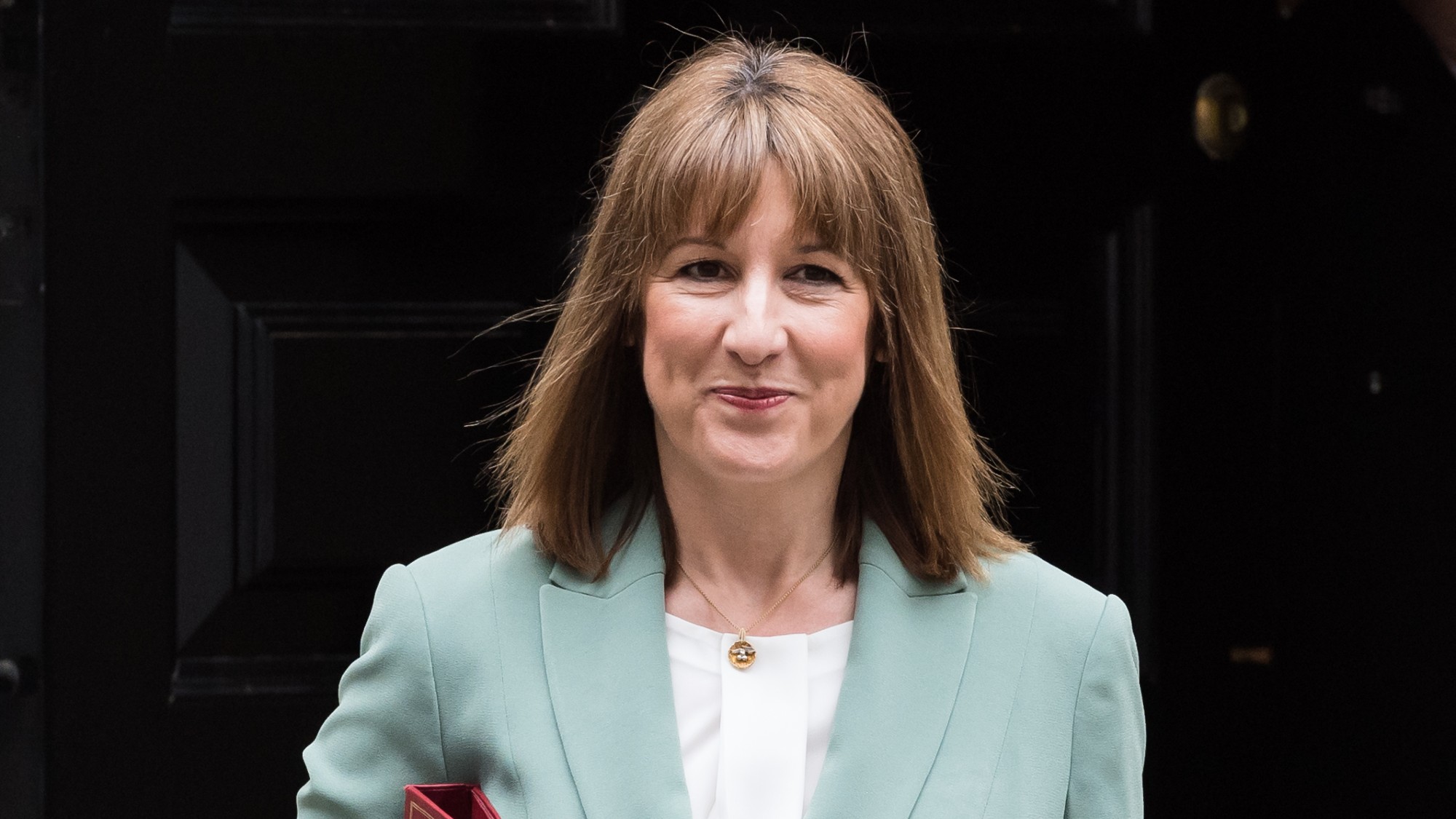 Is Rachel Reeves going soft on non-doms?
Is Rachel Reeves going soft on non-doms?Today's Big Question Chancellor is reportedly considering reversing controversial 40% inheritance tax on global assets of non-doms, after allegations of 'exodus' of rich people
-
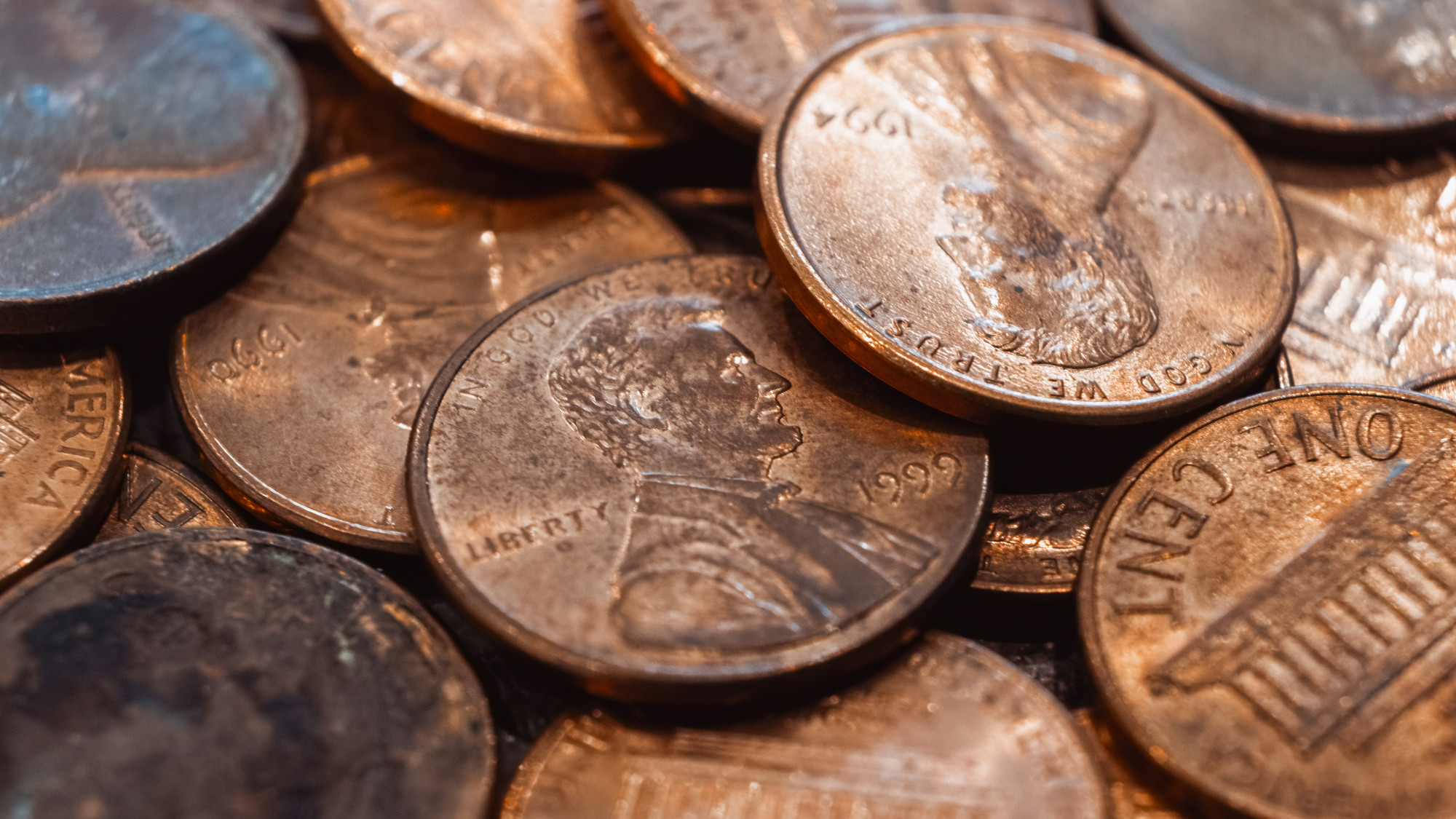 Pocket change: The demise of the penny
Pocket change: The demise of the pennyFeature The penny is being phased out as the Treasury plans to halt production by 2026
-
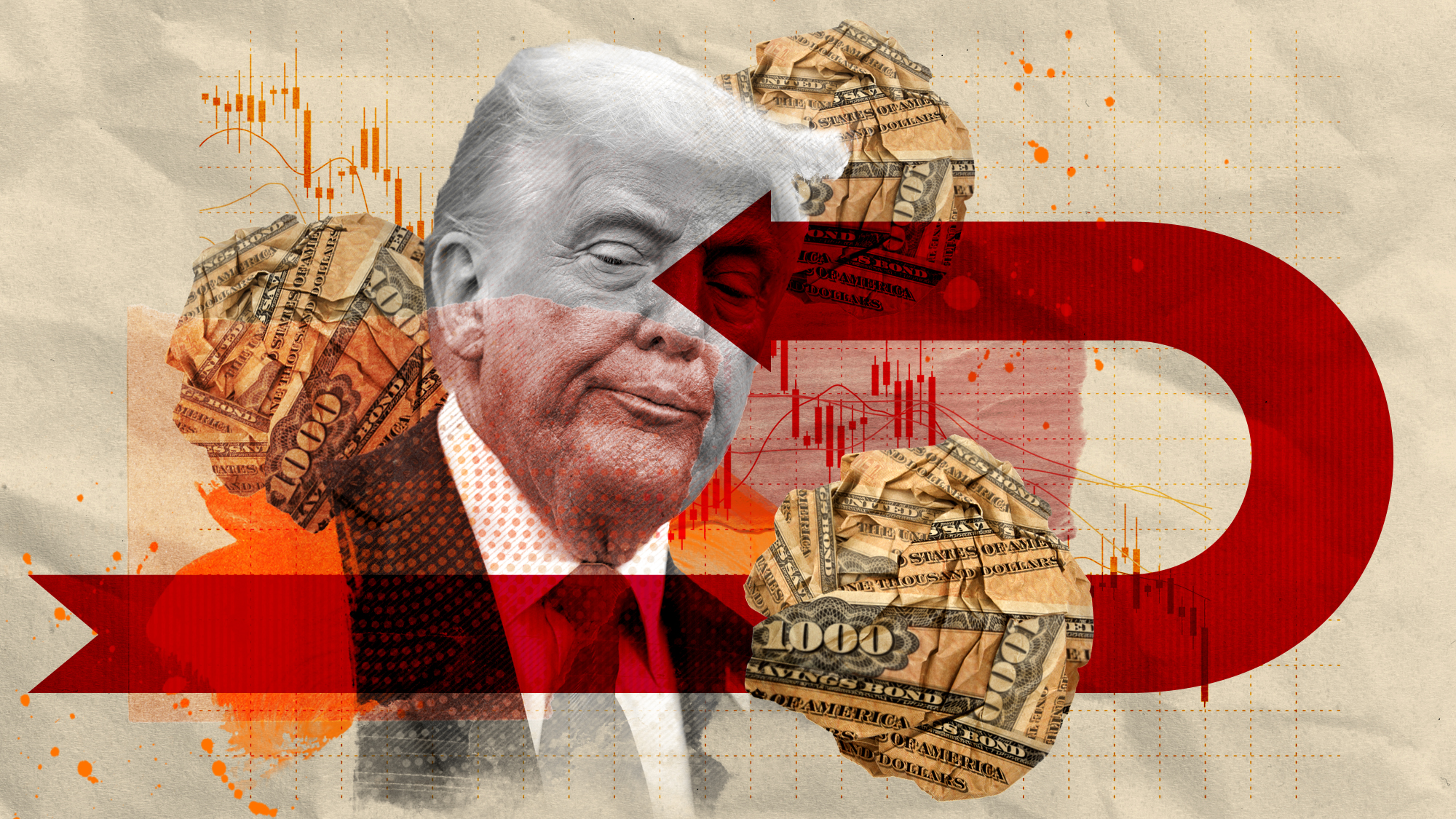 How the US bond market works – and why it matters
How the US bond market works – and why it mattersThe Explainer Donald Trump was forced to U-turn on tariffs after being 'spooked' by rise in Treasury yields